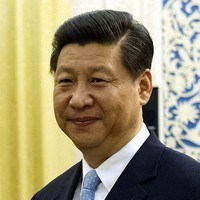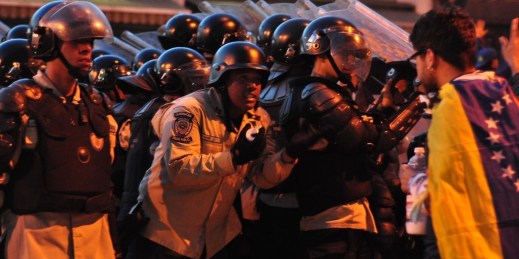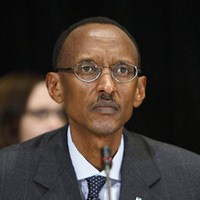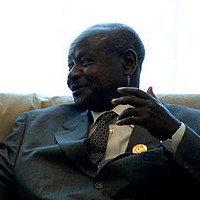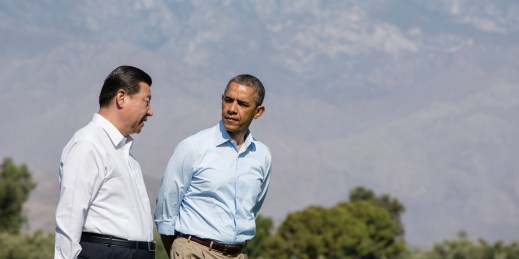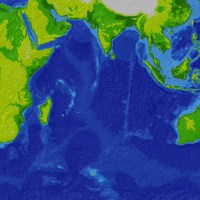
In early March, India’s national security adviser announced that Mauritius and Seychelles had expressed an interest in joining the trilateral maritime security cooperation arrangement among India, Sri Lanka and the Maldives known as IO-3. Should they join, it would mean the consolidation of an Indian maritime domain awareness network in the island states of the Indian Ocean region (IOR) where India has historically had influence. However, while these island states look to India to meet nontraditional security threats, India sees them primarily as sites for sensor chains that can monitor Chinese naval movements in the IOR. Indeed, India’s embrace of […]



